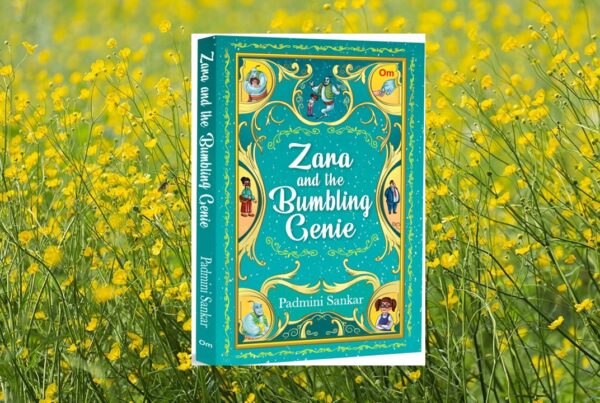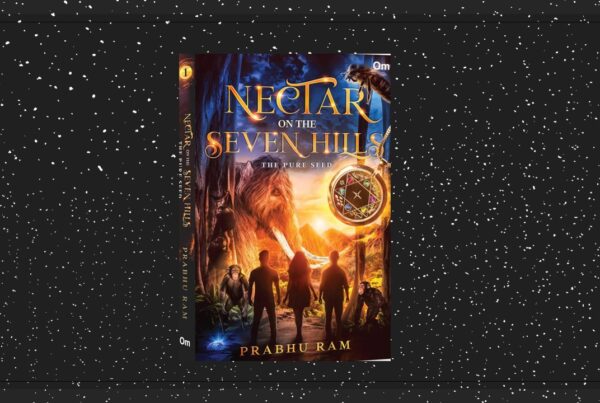Chitra Banerjee Divakaruni’s Independence is the story of India’s independence through the eyes of three sisters. This is a complex tale of love, emotions, betrayal, and relationships. To what extent would you go to fulfil your dreams and ambitions? And more importantly, what will it cost you?
The story is set in West Bengal in 1946. The story is narrated in third person with the narrative alternating between each sister. The Ganguly sisters are as different as chalk and cheese. Deepa, the eldest and the most beautiful one, commits the ultimate sin of loving a man outside her religion. Priya, the youngest, wants to become a doctor like her father, something almost unheard of for a woman. Jamini, the middle one wants to be loved and valued; she pines for Priya’s fiancée Amit, not caring about the consequences.
India’s independence is a much-anticipated event, but a nation is being partitioned, and the seeds of discord have been sown. People who were once neighbors and walked hand-in-hand now wield weapons and do not hesitate to kill. The skies of Calcutta are turning red, and the streets overflow with the bodies of innocents. When their father falls victim to communal violence, the sisters are roused from their idyllic existence and left to fend for themselves.
What I love the most about the author’s writing in this book and her prior works is the strong, unapologetic feministic tone. Priya follows her ambition unabashedly, and so does a lovelorn Deepa. Poignant questions are asked.
When men go off to be heroes, do they even realize what it does to the women they leave behind?
The character arc evolution is noteworthy-especially Jamini’s. I developed feelings of disgust, then pity, and gradual admiration for her. The characters are flawed, but that’s what makes them relatable. One thing is constant though; their love for one another, even when they are being torn apart.
The writing is lyrical in many places, lending a melancholy feel. The plot is well-researched and captures the pulse of the period. The rich Bengali culture is showcased well through Tagore’s poems and songs, making it such a joyful read. There are also mentions of traditional Bengali cuisine and Kantha stitching culture.
The last few chapters had me sobbing aloud. The violence and the horrors of partition are depicted in detail. The introduction of each new segment deserves special mention. The wordplay renders a Dickensian tone and sets the stage for the next act. The mention of Pandit Jawaharlal Nehru’s Tryst with Destiny and Smt. Sarojini Naidu’s appearance at a critical juncture induced goosebumps. I could relive each scene as though it were unfolding before my eyes. This is a testimony to the author’s storytelling which makes history come alive.
Independence is not just a nation’s quest; it is the journey of three women who dared to defy the norms of their times and sought independence to pursue their passions. This story is a deeply haunting account; one that will stay with the reader for a long time.
I read this book in one go as it was simply unputdownable. Must read!




